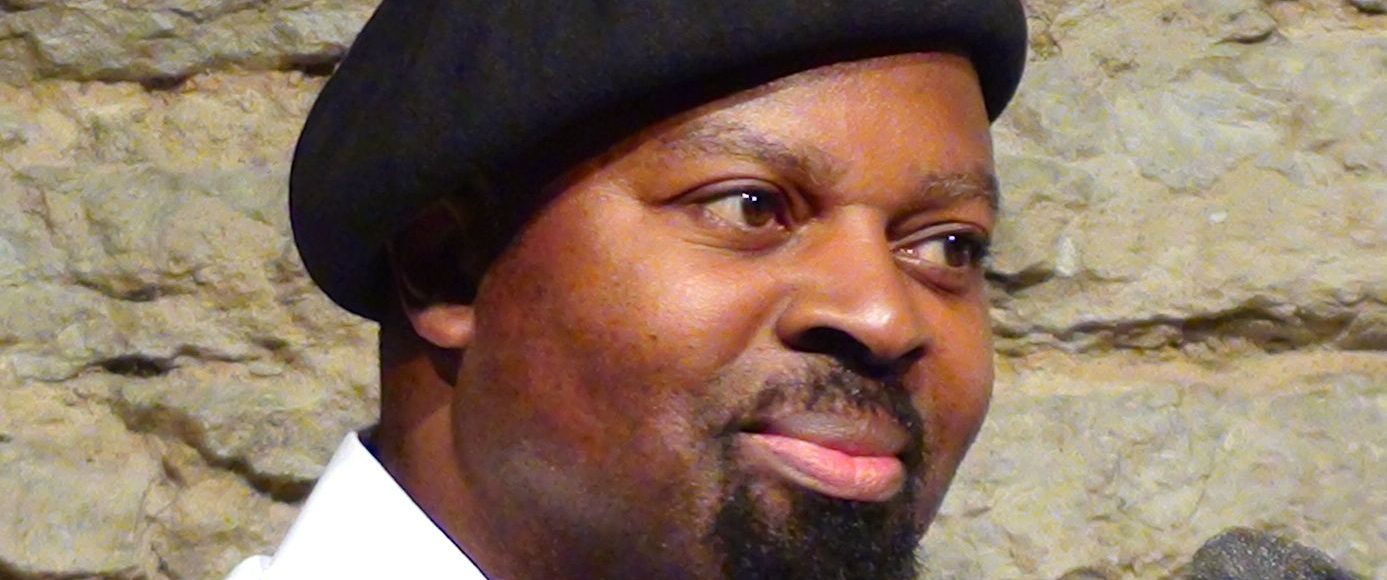On Okri
Elleke Boehmer
From the outset Ben Okri’s work has engaged the question of how African writing can be British writing and world writing, and, also, how world writing is African writing. In his work there are few boundaries, as between one nation or another, or between languages, or even between the living and the dead, as his classical story of the dying-and-returning child-hero Azaro in The Famished Road demonstrates. The novel is unmistakeably set in Nigeria, yet its allegorical cycle-story of a nation struggling and failing and struggling again to be born would relate to many post-imperial cultures today, not least in Britain. Stories, Okri constantly urges, teach us about ourselves, or, more particularly, about ourselves in relation to the world, and in relation to the past. In Okri’s work, we are always in relation, including also to a highly animate nature, as in the collection Wild. A powerful and even mystical sense of commitment to what we might call symbol animates all of his writing: his sense of the vibration that comes off words infused with the power of imagination marinated in history. His influences are taken from the English dissident tradition of John Milton and William Blake, and from Nigerian, especially Yoruba myth. From these sources rises his conviction that ‘our capacity to create, to overcome, to endure’ through the imagination (or ‘mental fight’, a quotation from Blake) is genuinely transformative. Yet, despite its mystical qualities, Okri’s sense of this mental fight is rooted in the real world, and his hope is that our day-to-day struggle for justice and a better society it will have radically transformative real-world consequences.
Ben Okri is a writer who has always read and written across the barriers of colour, race and class. His work consistently, relentlessly, seeks out a new politics, beyond left-right polarization, and does so not so much by writing about troubled subjects, but through the subtle illuminations of the writing itself. ‘If subject were the most important thing, we would not need literature. History would be sufficient. Journalism would be enough’, he once wrote. ‘A belief in the fundamental freedom of the human imagination and of the artistic dream’ is the force that keeps him going and drives his work.
Cite this: Boehmer, Elleke. “On Okri.” Postcolonial Writers Make Worlds, 2017, [scf-post-permalink]. Accessed 7 September 2023.
